Kiwi, also known as kiwifruit or Chinese gooseberry, is a small, brown, fuzzy fruit with vibrant green or golden flesh, dotted with tiny black seeds. Beyond its exotic appearance and tangy-sweet flavor, kiwi is a powerhouse of nutrition, packed with essential vitamins, minerals, and antioxidants.
This versatile fruit is more than just a delicious snack—it can elevate your meals, support your health, and even benefit your skin. In this blog, we’ll explore the many uses of kiwi, its top 10 health benefits, and its impressive nutritional value in detail.
Creative Uses of Kiwi
Kiwi is a versatile fruit that can be used in a variety of ways beyond simply eating it raw:
- Smoothies and Juices: Blend kiwi with other fruits and greens for a refreshing and nutrient-packed drink.
- Salads: Add sliced kiwi to fruit or vegetable salads for a burst of tangy flavor and color.
- Desserts: Use kiwi as a topping for cakes, tarts, or pavlovas to add natural sweetness and visual appeal.
- Salsas: Combine diced kiwi with avocado, chili, and lime for a unique salsa that pairs well with grilled meats or chips.
- Marinades: Kiwi contains enzymes that tenderize meat, making it a great addition to marinades.
- Breakfast Bowls: Layer kiwi slices with yogurt, granola, and other fruits for a nutritious start to the day.
- Ice Cream and Sorbet: Kiwi’s tangy flavor makes it perfect for homemade ice cream or sorbet.
- Dried Snacks: Dehydrated kiwi slices are a tasty and portable snack option.
- Face Masks: Rich in antioxidants, mashed kiwi can be applied as a face mask to rejuvenate and hydrate the skin.
- Cocktails: Kiwi’s vibrant color and flavor make it a perfect ingredient for tropical cocktails or mocktails.
10 Incredible Benefits of Kiwi
- Rich in Vitamin C: Kiwi is a vitamin C powerhouse, boosting the immune system and protecting the body from infections.
- Supports Heart Health: Potassium in kiwi helps regulate blood pressure, while its fiber content reduces cholesterol levels.
- Aids Digestion: Kiwi contains actinidin, an enzyme that improves protein digestion and supports gut health.
- Promotes Skin Health: Antioxidants like vitamin E and vitamin C help combat free radicals, promoting radiant, youthful skin.
- Improves Vision: Kiwi is rich in lutein and zeaxanthin, which protect the eyes and reduce the risk of macular degeneration.
- Boosts Immunity: The combination of vitamin C, antioxidants, and other nutrients strengthens the immune response.
- Regulates Blood Sugar: Kiwi has a low glycemic index and its fiber slows sugar absorption, making it suitable for diabetics.
- Reduces Inflammation: Kiwi’s anti-inflammatory properties help alleviate conditions like arthritis and asthma.
- Enhances Sleep Quality: The serotonin and antioxidants in kiwi may improve sleep patterns and reduce insomnia.
- Supports Weight Loss: Low in calories and high in fiber, kiwi promotes satiety and supports healthy weight management.
Nutritional Value of Kiwi
Here’s the nutritional profile of kiwi per 100 grams (approximately one medium kiwi):
| Nutrient | Amount per 100g | % Daily Value (DV) approx. |
|---|---|---|
| Calories | 61 kcal | 3% |
| Protein | 1.1 g | 2% |
| Total Fat | 0.5 g | 1% |
| – Saturated Fat | 0.03 g | 0% |
| Carbohydrates | 14.7 g | 5% |
| – Sugars | 8.9 g | — |
| – Fiber | 3 g | 12% |
| Vitamin C | 92.7 mg | 103% |
| Vitamin E | 1.5 mg | 10% |
| Vitamin K | 40.3 mcg | 34% |
| Potassium | 312 mg | 9% |
| Calcium | 34 mg | 3% |
| Magnesium | 17 mg | 4% |
| Folate | 25 mcg | 6% |
| Cholesterol | 0 mg | 0% |
How to Incorporate Kiwi into Your Diet
Adding kiwi to your daily meals is simple and rewarding. Here are a few tips:
- Morning Boost: Start your day with a kiwi-infused smoothie or a slice of kiwi on toast with cream cheese.
- Snack Time: Keep kiwi handy as a healthy snack. It’s easy to eat—just slice it in half and scoop out the flesh with a spoon.
- Dessert Alternative: Swap sugary desserts with a bowl of chilled kiwi and berries for a guilt-free treat.
- Salad Upgrade: Add kiwi slices to spinach or kale salads for a tangy twist.
- Experiment with Drinks: Try making kiwi-infused water or adding it to your cocktails for a burst of flavor.
Kiwi Myths Debunked
- “Kiwi Skin is Inedible”: Many people discard the skin, but it’s actually edible and packed with fiber and nutrients. Wash it thoroughly before eating.
- “Kiwi Causes Allergies in Everyone”: While some individuals may be allergic, most people can safely enjoy this nutrient-rich fruit.
Fun Facts About Kiwi
- Kiwi was originally known as the “Chinese gooseberry” and was renamed after New Zealand’s national bird, the kiwi.
- Golden kiwi is a sweeter and less tangy variety of the fruit with smooth, hairless skin.
- Kiwi is one of the few fruits that continue to ripen after being harvested.
Conclusion
Kiwi is more than just a flavorful fruit—it’s a superfood with an impressive array of health benefits and uses. From improving digestion and enhancing skin health to supporting heart health and aiding weight loss, this small fruit packs a powerful nutritional punch.
Whether you enjoy kiwi in salads, smoothies, desserts, or as a standalone snack, it’s a delicious way to boost your health. Incorporate kiwi into your diet today and let its vibrant taste and rich nutrients brighten your meals and your well-being.
How do you use kiwi in your daily life? Share your favorite recipes and tips in the comments below!


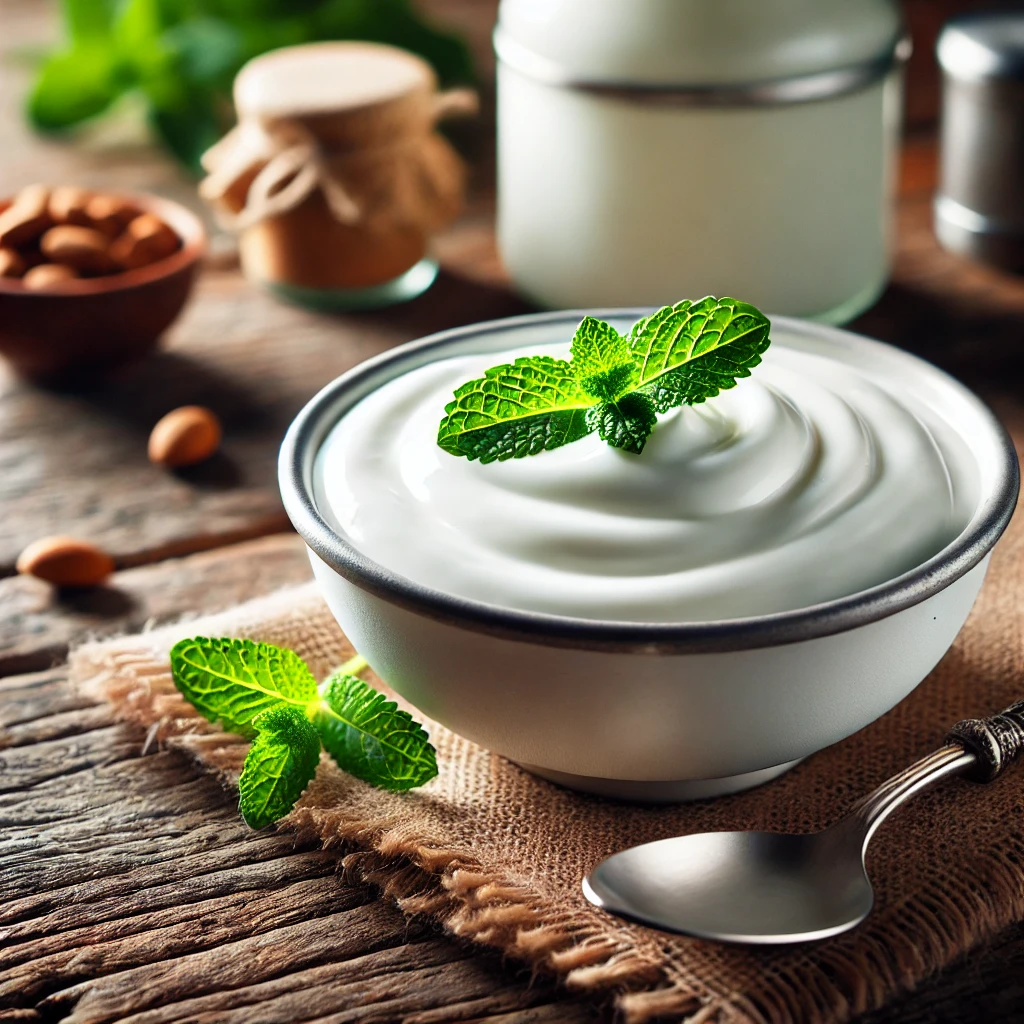
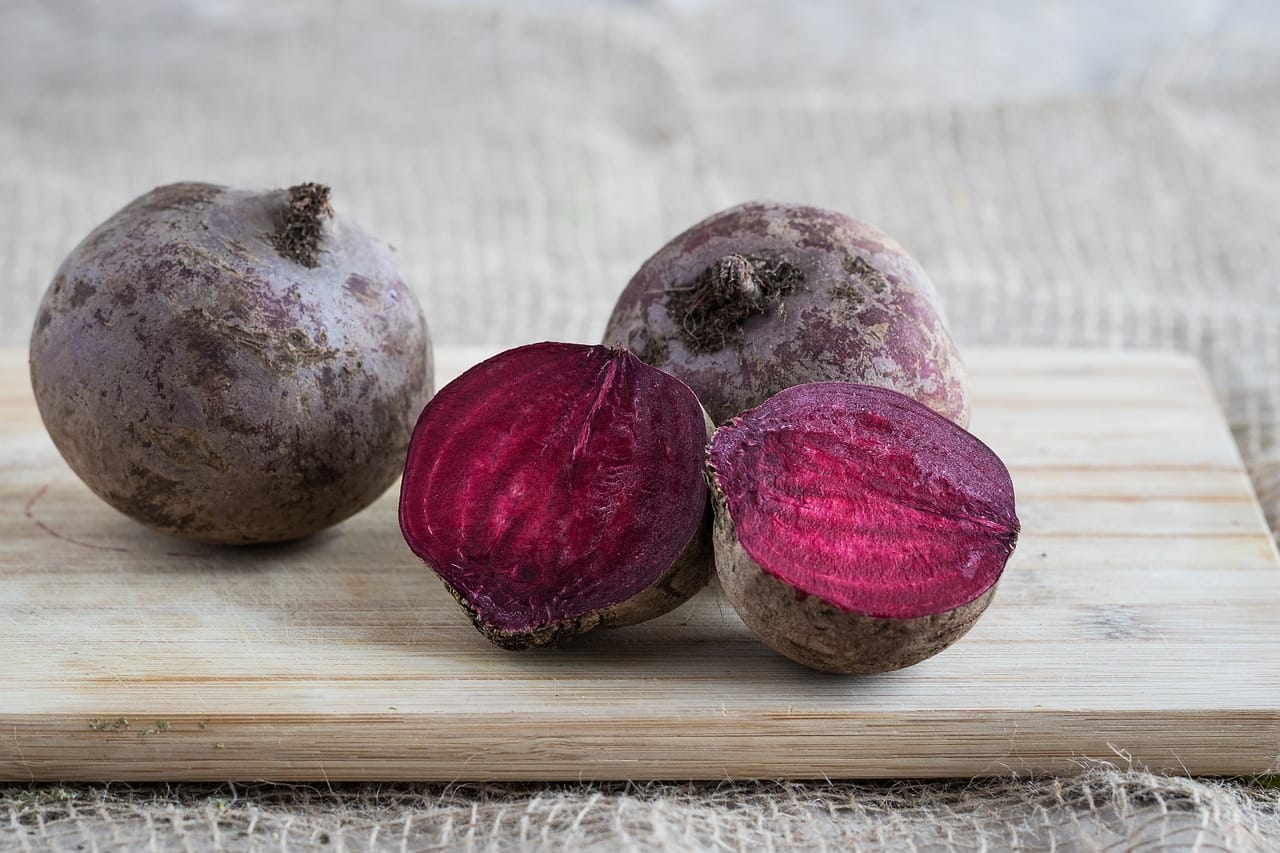
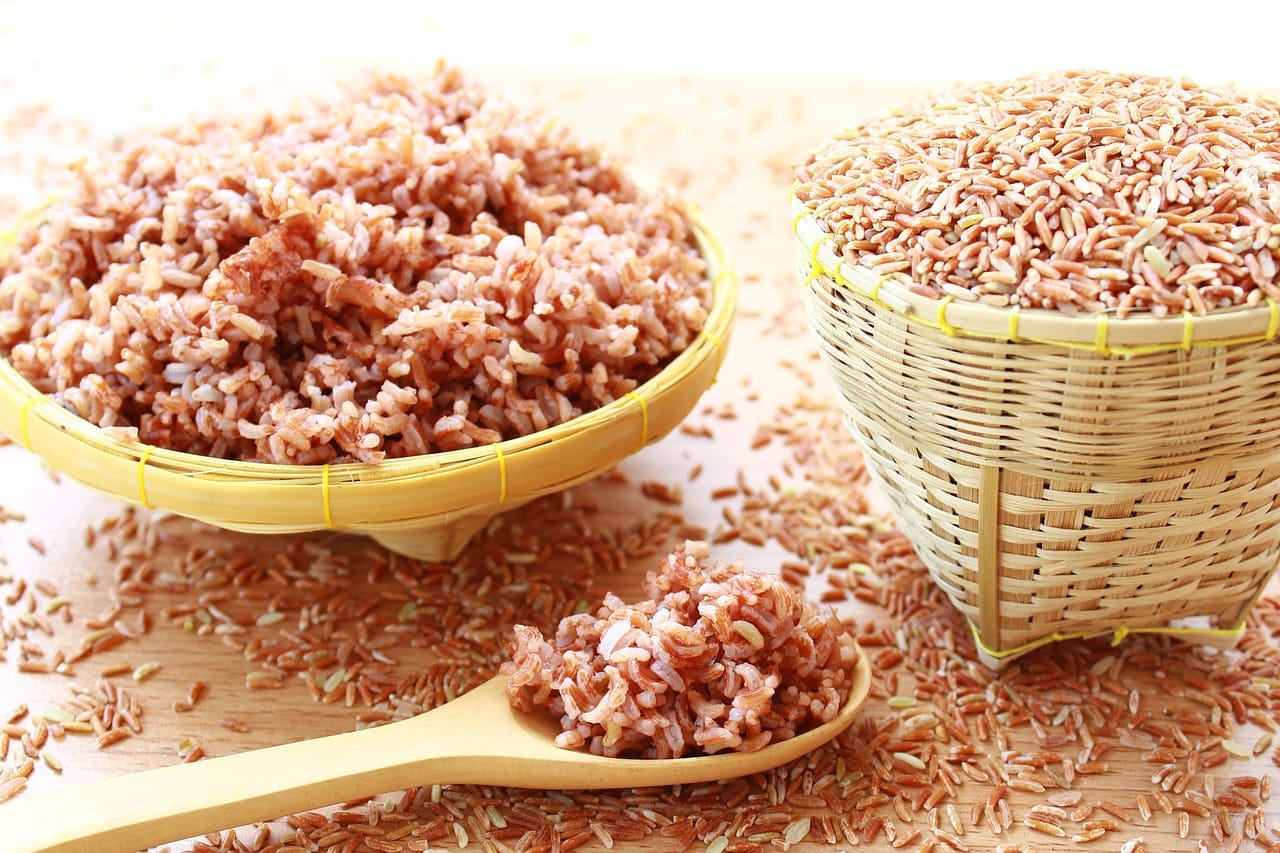
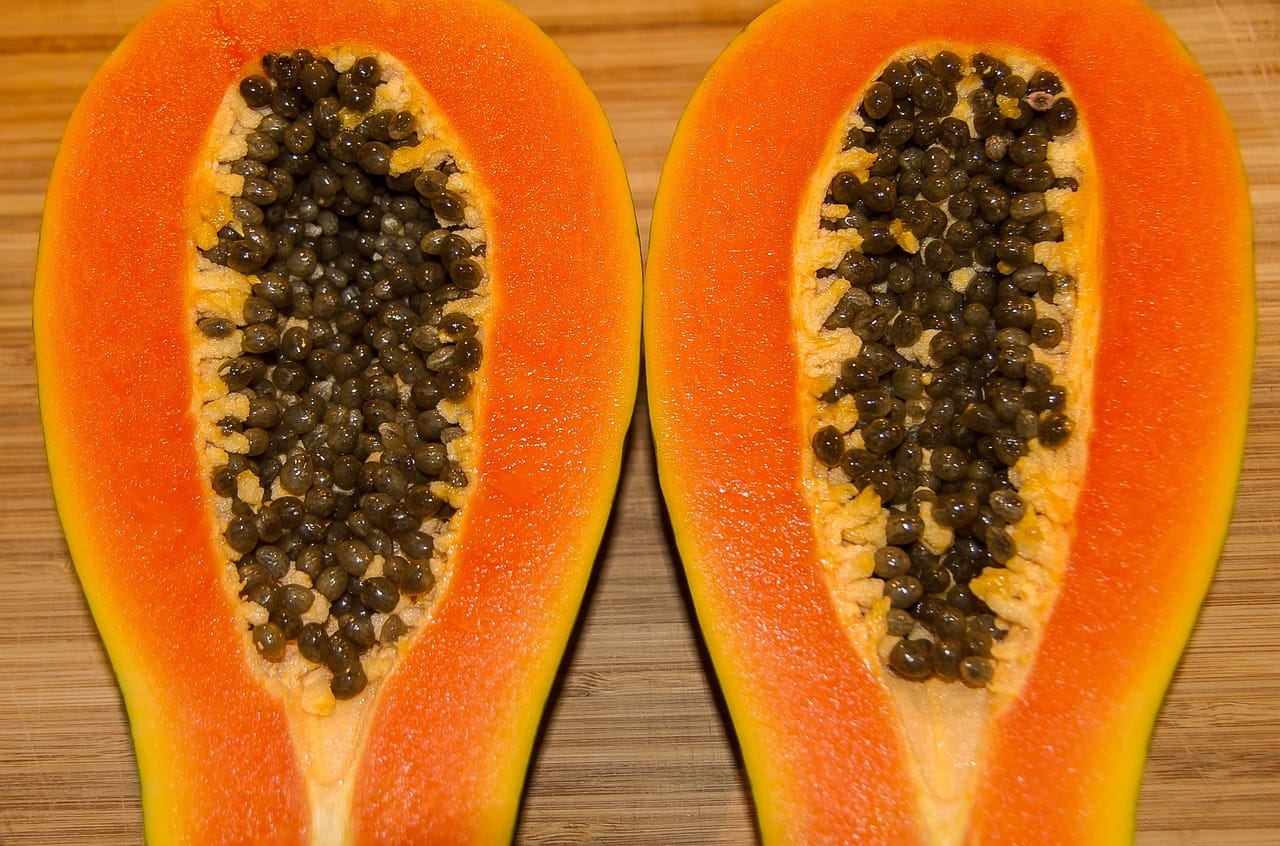
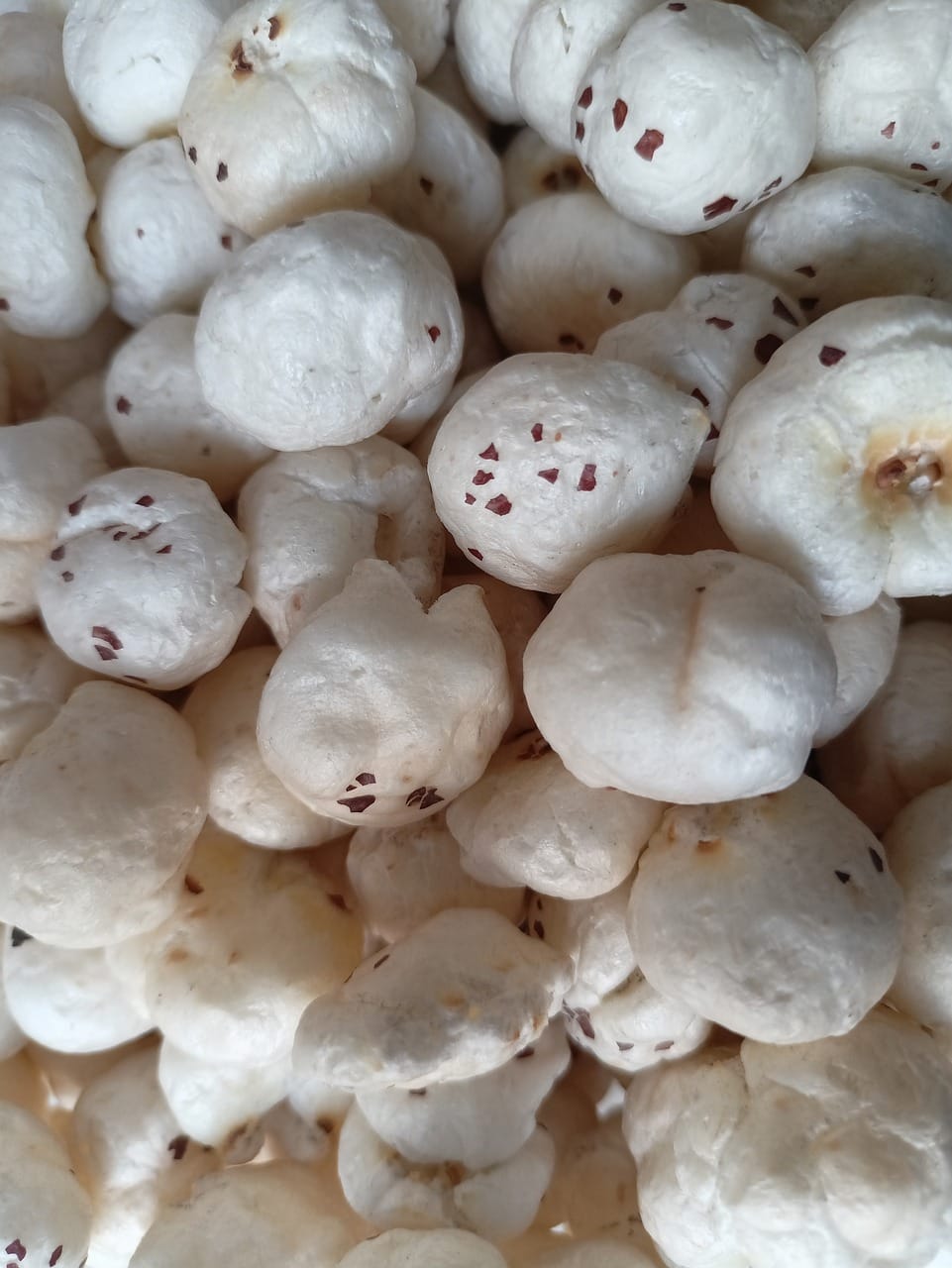

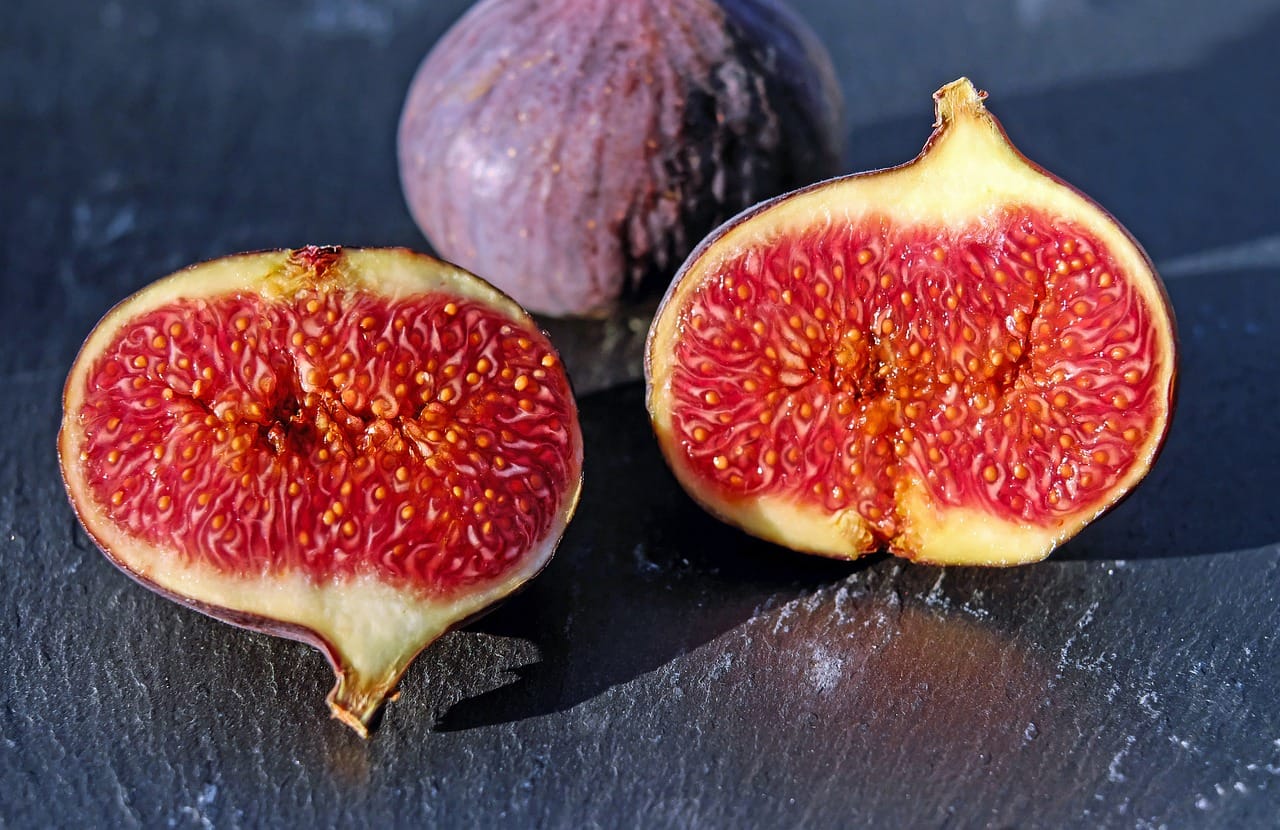
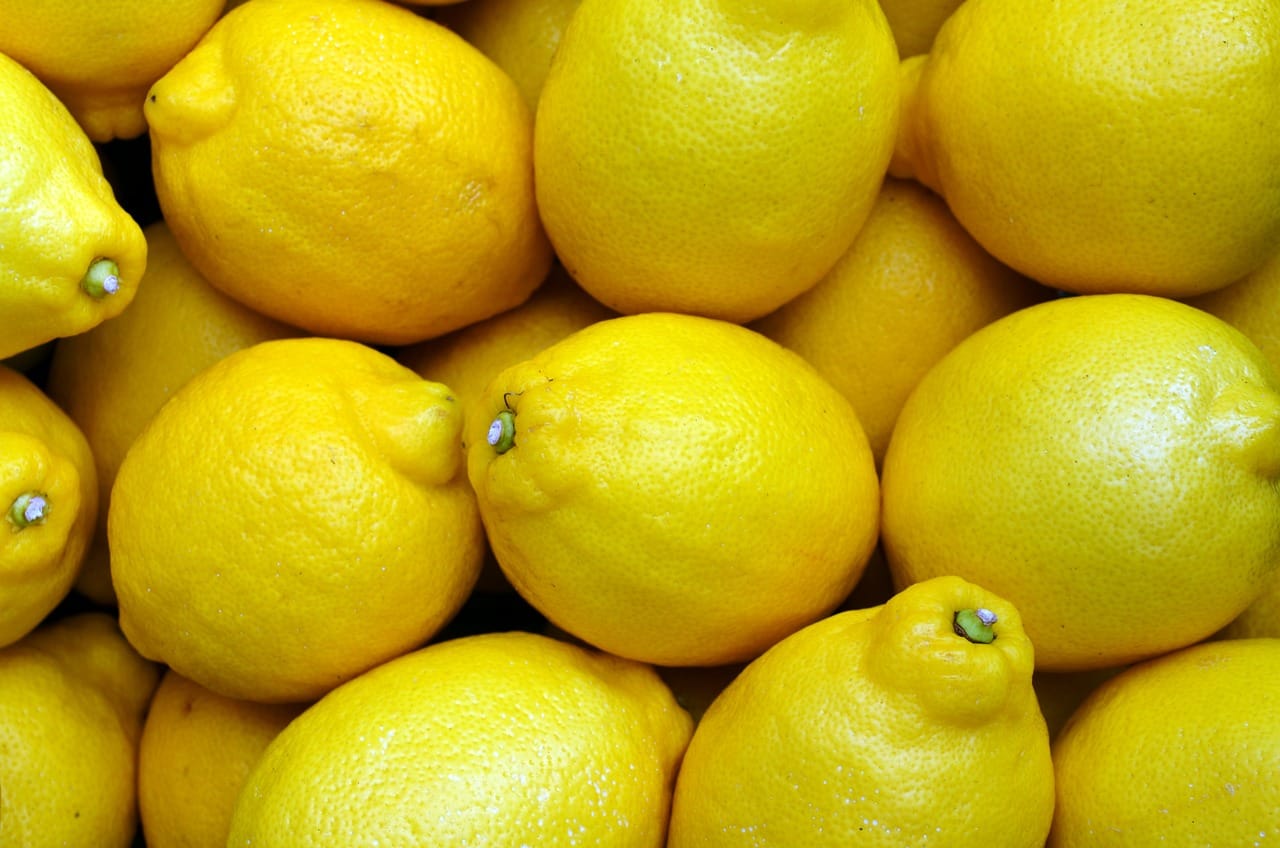
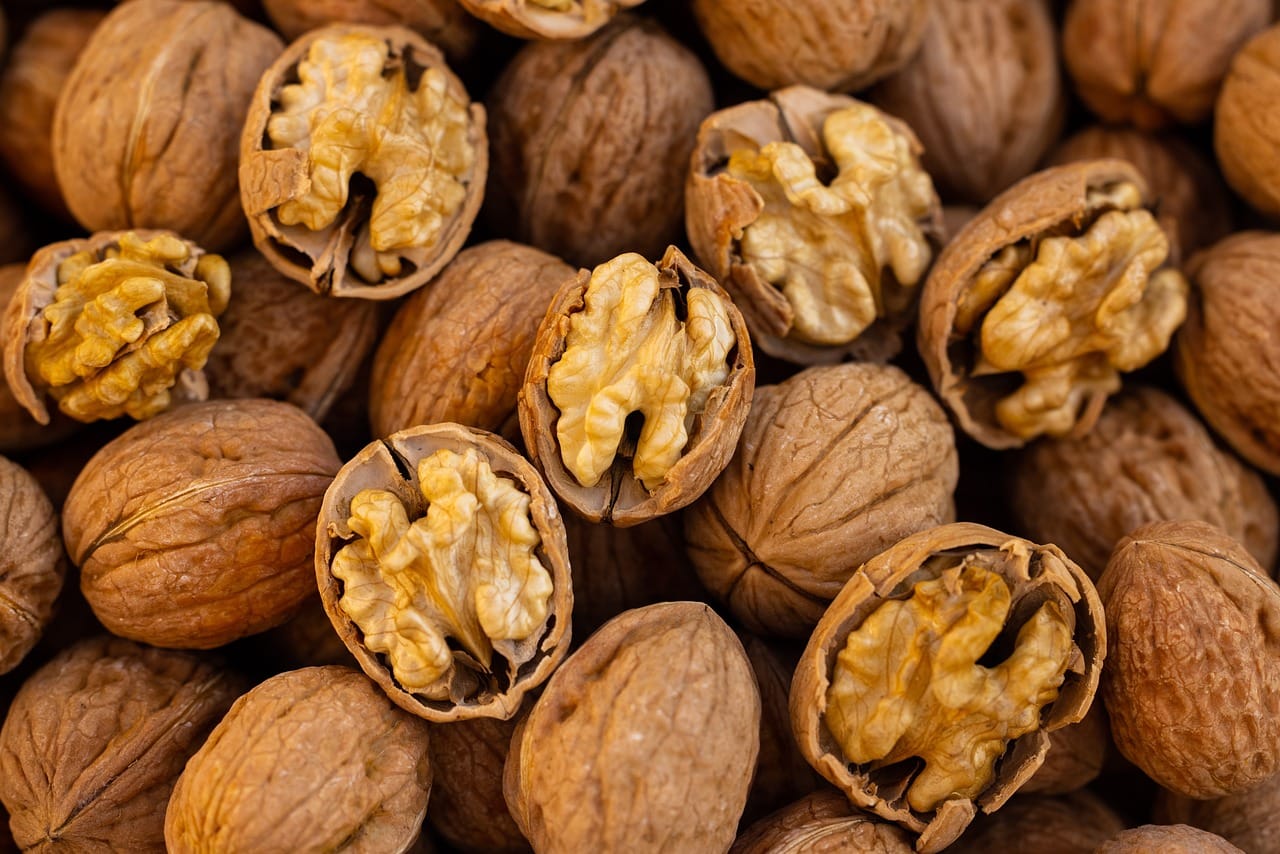


Leave a Reply